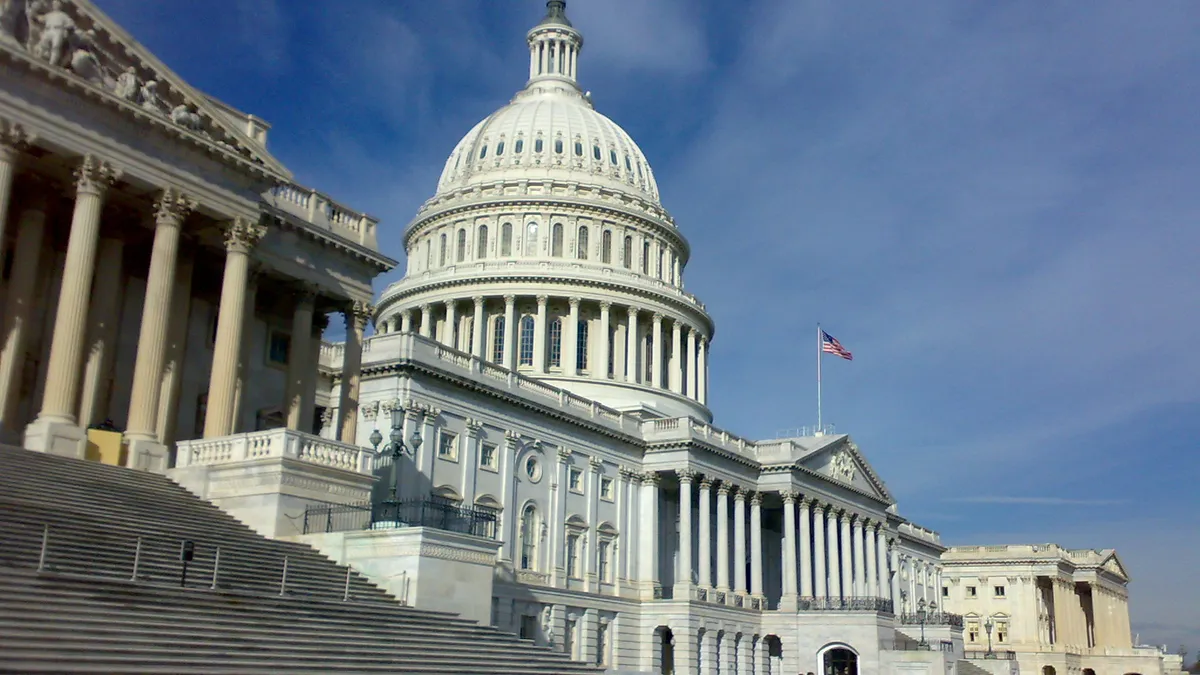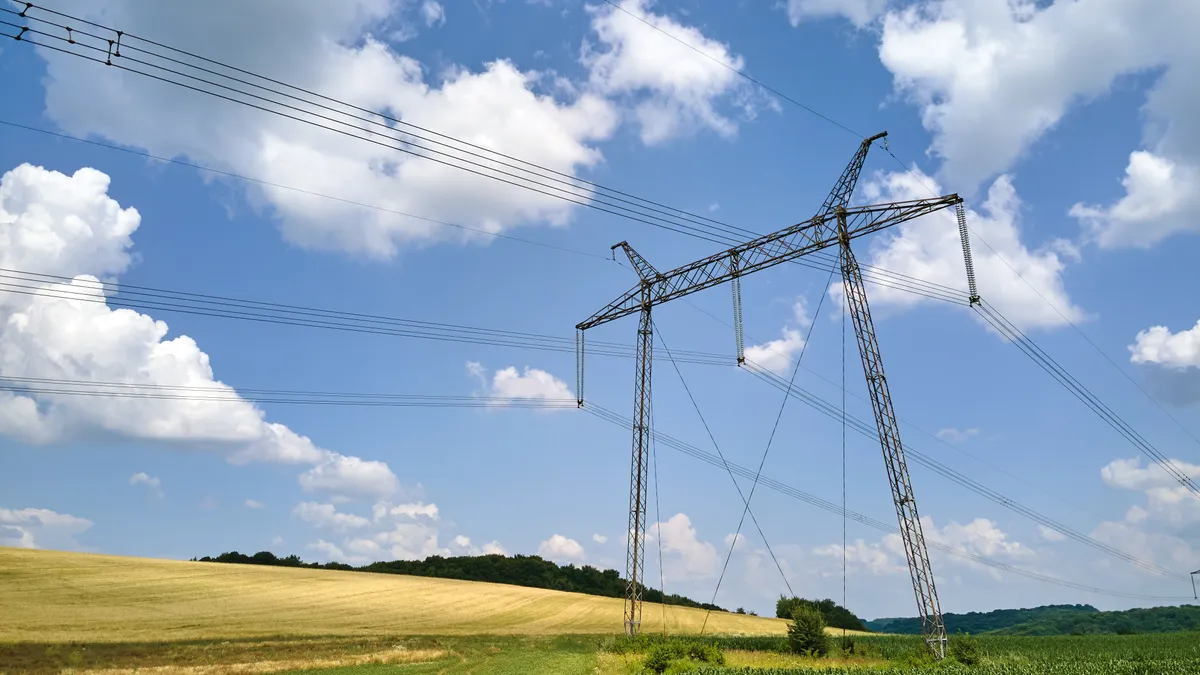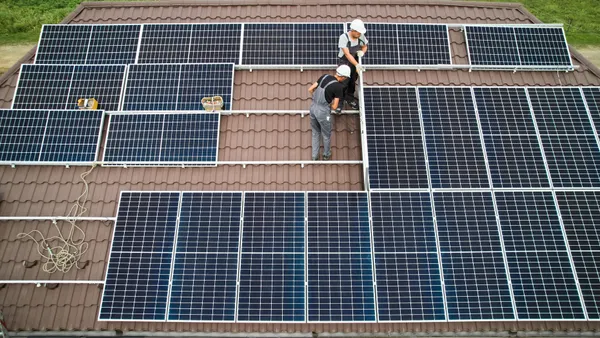Dive Brief:
- The association representing state utility regulators sent a letter yesterday to Senate leadership outlining its opposition to an amendment under consideration in the U.S. Senate that would create federal rules for solar net metering proceedings. The amendment is under consideration as part of a broad energy bill under debate this week.
- The National Association of Utility Regulatory Commissioners (NARUC) wrote to Senate energy leaders on Feb. 2, registering its oppostion to an amendment offered by Sen. Angus King (I-ME) and Minority Leader Harry Reid (D-NV). The amendment would protect solar customers from retroactive changes to net metering rates and set new rules for how state commissions hear and decide net metering cases.
- NARUC joins business and fossil fuel groups in its opposition to the King-Reid amendment, while the solar sector is supportive. Earlier this week, the American Energy Alliance, a fossil fuel lobbying group, urged legislators to vote No on the amendment, while the Solar Energy Industries Association expressed its support last week.
Dive Insight:
NARUC stepped into the political realm on Tuesday when President Travis Kavulla, a Montana regulator, sent a letter to Senate energy leaders urging them to reject the King-Reid amendment on solar net metering.
The amendment seeks to protect rooftop solar customers from changes to their net metering rates enacted after they install their systems. While existing solar users are typically "grandfathered in" to new rate structures, a recent decision in Nevada applied new, lower remuneration rates for rooftop solar generation to existing solar customers as well as new ones.
Under the amendment, utilities would not be able to change net metering rates for existing customers "unless the State regulatory authority or electric utility, as applicable, demonstrates, in an evidentiary hearing in a general rate case, that the current and future net benefits of the net metered system to the distribution, transmission, and generation systems of the electric utility are less than the full retail rate."
According to the text, nothing in the stipulation would preclude utilities from "charging rates to each rate class designed to recover all reasonable costs to the electric utility of providing service to the electric consumers in that class," but the utility regulators wrote that it would take too much power and discretion away from state officials.
In particular, they noted that the amendment "enshrines as a default" that rooftop solar should be compensated at the full retail rate. This, the regulators wrote, is the opposite of the paradigm for small generation set by the Public Utilities Regulatory Policy Act (PURPA), which stipulates "that a small generator should be compensated no less and no more than the energy and capacity benefits it provides to the system," according to the letter.
"In the traditional PURPA paradigm, there is no presumption about what such a facility should be paid," the NARUC president wrote. "This amendment, for the first time, would change that, mandating an incorrect price signal from the beginning, and then making it impossible to change it without undertaking a proceeding that conforms to the highly specific procedural standards the amendment establishes."
The regulatory procedures that the amendment envisions for net metering, the letter continues, relies on regulators attempting to measure ambiguously-defined benefits and costs of distributed generation, such as "the societal value of distributed energy resources."
In the end, the King-Reid solar amendment would "weigh down commissions," the note asserts.
"By mandating a consideration of a laundry list of net-metering-specific considerations in every such case, the amendment ... literally would require nearly every rate case to become a net-metering proceeding," Kavulla wrote. "This is simply unworkable."
On Tuesday, senators rejected a series of partisan amendments that could have threatened passage of the overall bill, the Hill reports, but the King-Reid amendment was not considered.
Senate Majority Leader Mitch McConnell has indicated he intends to wrap up debate on the bill — the first broad energy legislation since 2007 — on Thursday, meaning the amendment will likely be considered by then.
Correction: An earlier version of this post stated that NARUC is not typically an advocacy organization. That is incorrect. NARUC's policy shop regularly engages in policy advocacy with Congress, the presidential administration, and various federal agencies.













